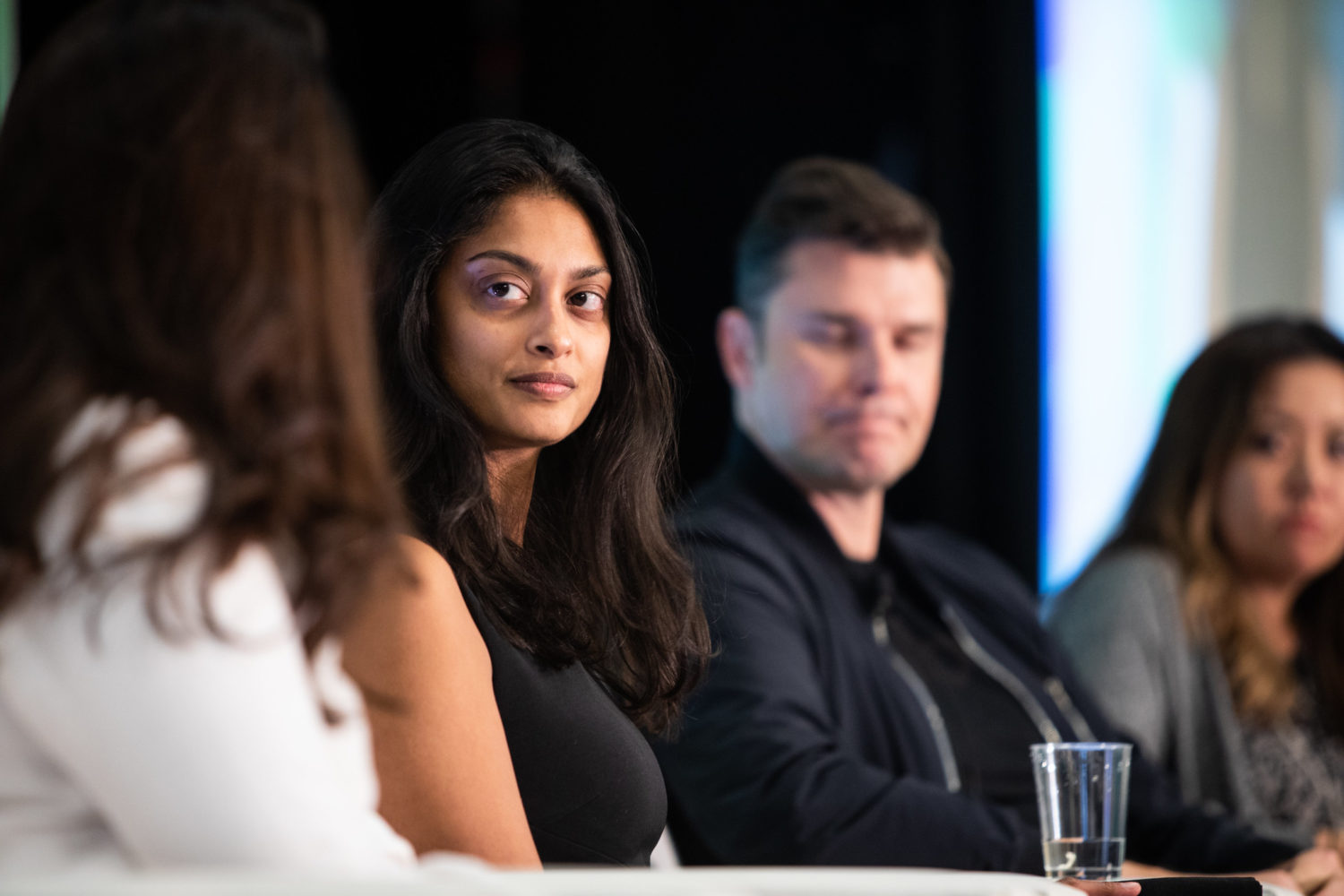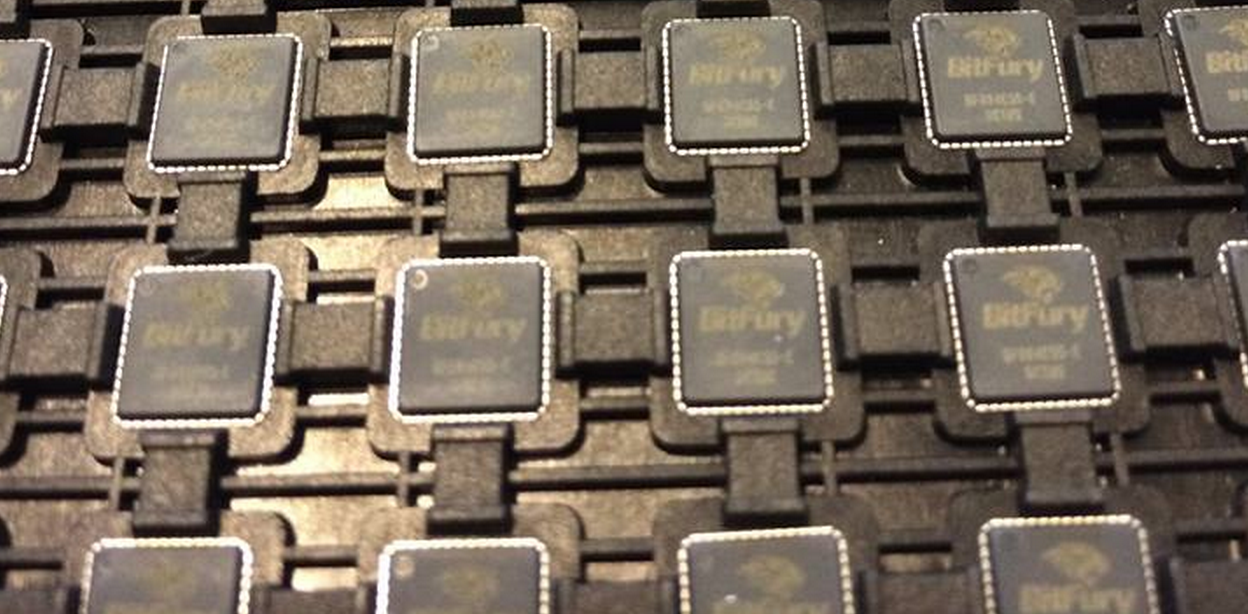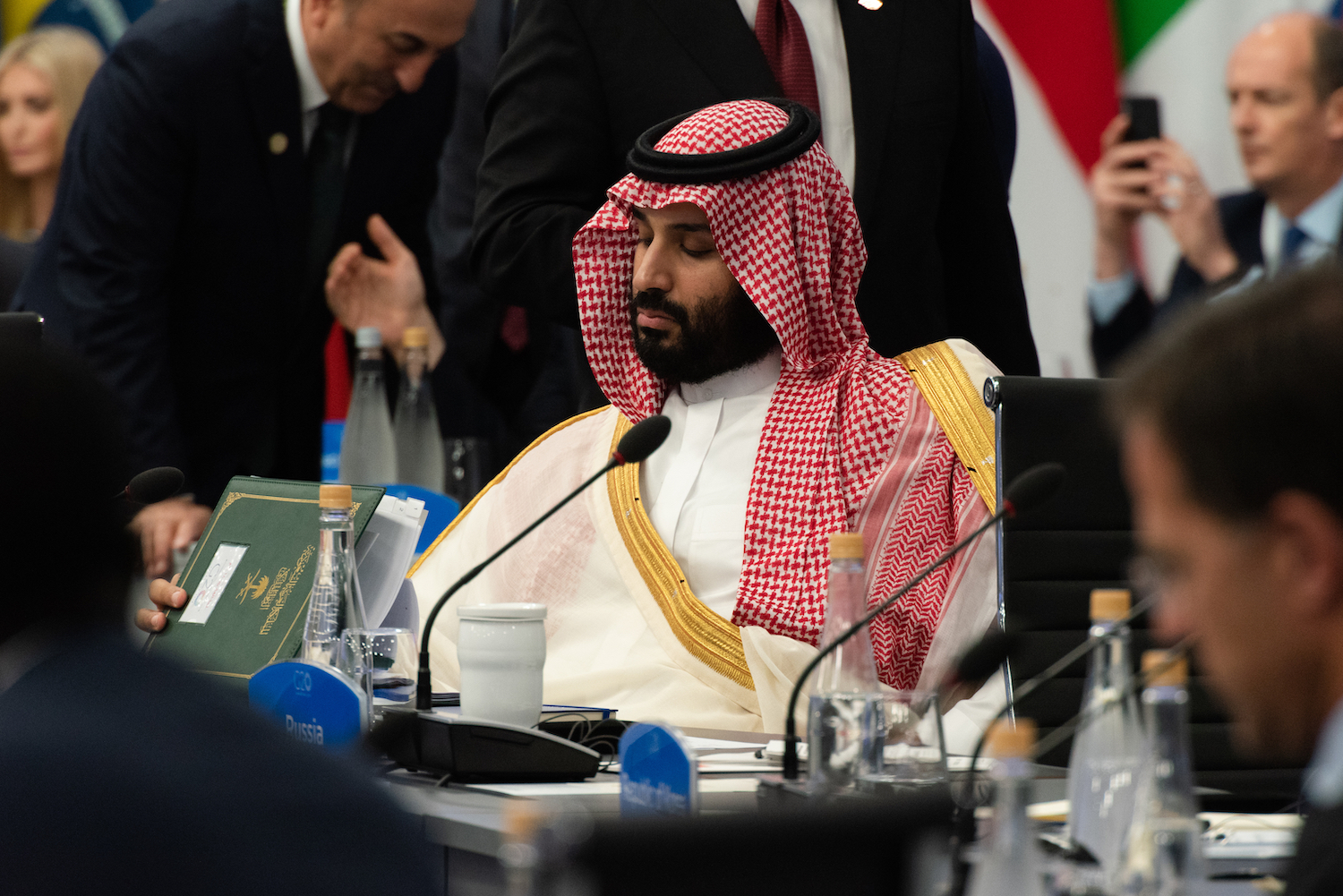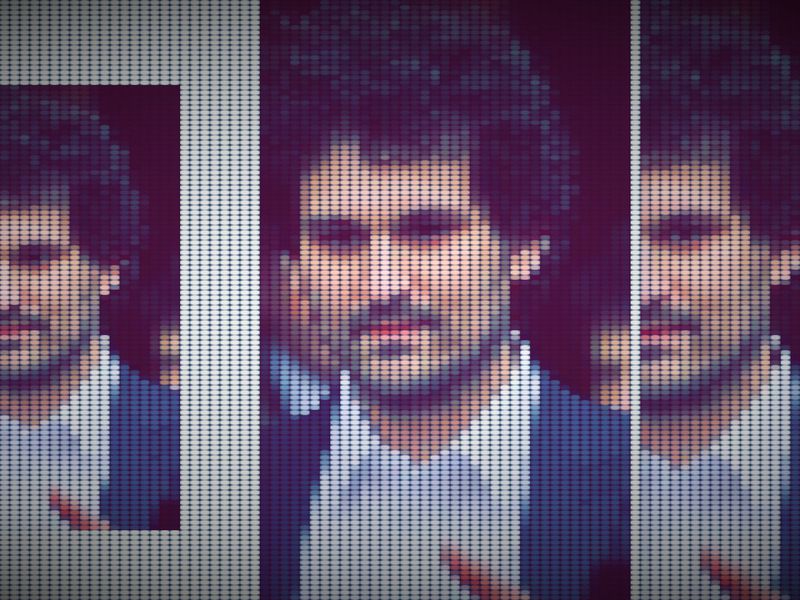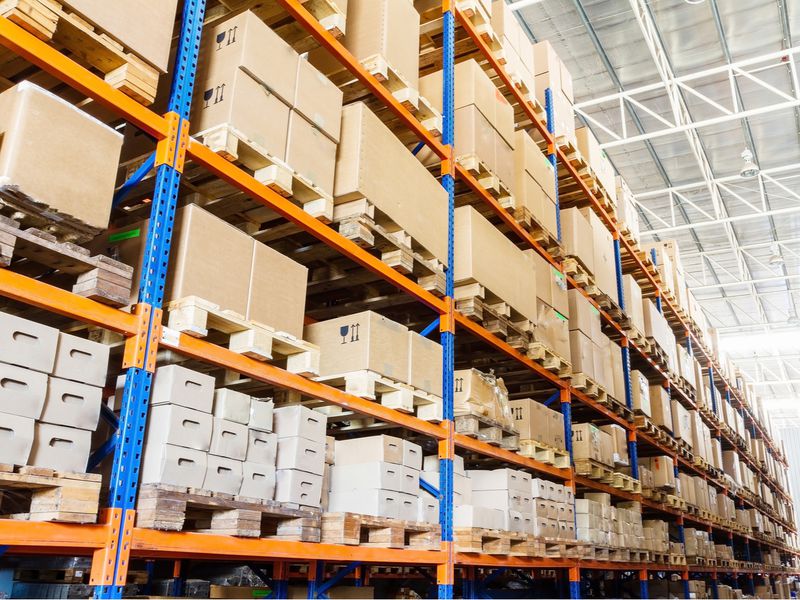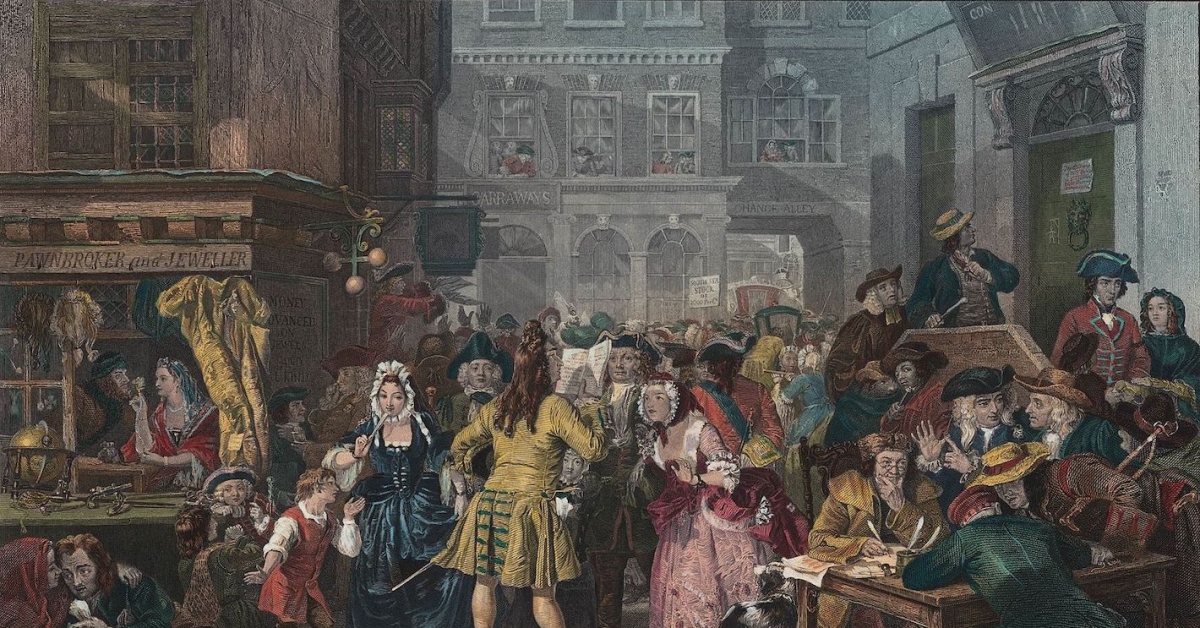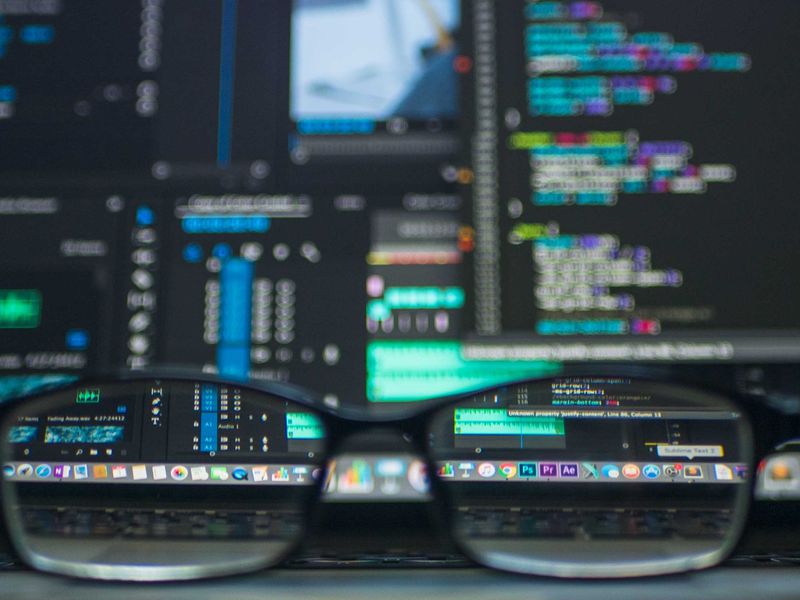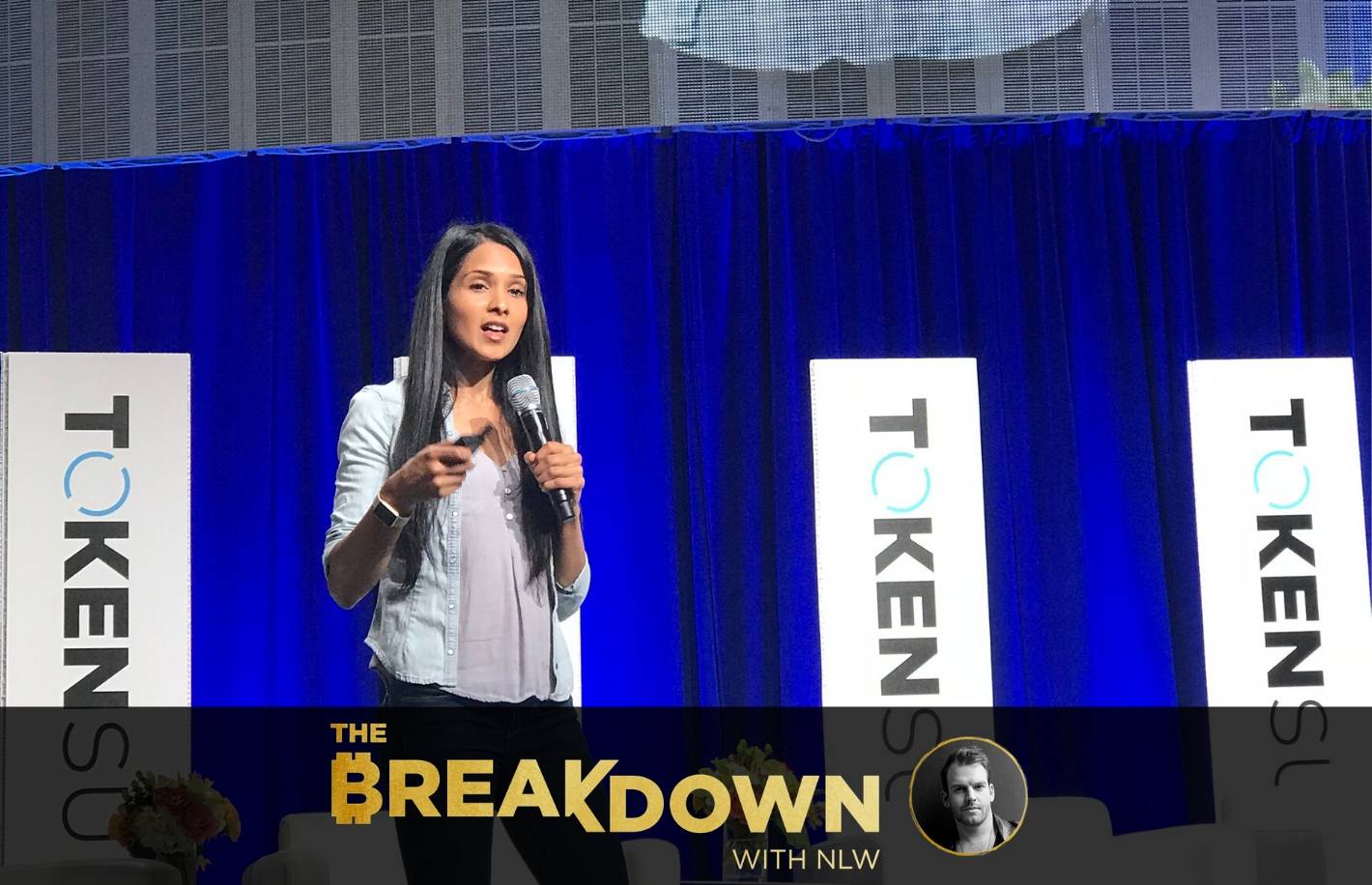What’s Holding Back Bitcoin in Venezuela? This Group Is Investigating

Open Money Initiative (OMI) co-founder and Venezuelan expat Alejandro Machado wants to help his homeland while remaining realistic about bitcoin.
The truth is, Venezuelans haven’t abandoned the inflation-riddled bolivar as quickly as he expected, namely because it is so difficult to use digital currencies inside Venezuela’s borders.
“No one wants [the bolivar] but people need it to survive,” Machado said.
Now his San Francisco-based nonprofit OMI is teaming up with crypto industry incumbents, like the peer-to-peer exchange LocalBitcoins, to explore ideas for making cryptocurrency more useful for people in distressed economic climates like Venezuela.
“Access to products is the number one thing,” Machado said of the needs of everyday Venezuelans. “Do I have enough to eat this week or do I need to reinvent the ways that I access food?”
So far, better-off Venezeulans have mainly used bitcoin for remittances, freelance earnings from abroad and savings. Meanwhile, users of other cryptocurrencies, like dash, often rely on local ambassadors for fiat liquidity.
In order to gain more insight into diverse demographics, OMI co-founder Jamaal Montasser hired Venezuelan recruiters to gather more than 40 participants for studies exploring how people use money in times of political and social upheaval.
One such refugee, currently living in Colombia, told OMI the Venezuelan national guard would beat him if he didn’t sell coffee for the government-sanctioned price in bolivars. Another Venezuelan, who now crosses the Colombian border regularly to find work, smuggles back American dollars in her underwear and hair.

Venezuelan migrant in Colombia shows how she hid money in her hair when crossing the border, via Open Money Initiative
In such circumstances, a digital currency would seem ideal. But OMI’s research found such users have habits and circumstances that current bitcoin wallets don’t account for.
“The things that people wanted to buy, they couldn’t buy with bitcoin,” OMI co-founder Jill Carlson told CoinDesk. “You could find merchants willing to accept bitcoin for more high-end goods, but not for more basic or staple goods. You can’t go buy bread with bitcoin in Caracas.”
Montasser said in many Venezuelan stores that do accept cryptocurrency there might only be one particular person who knows how to operate digital wallets. So shoppers need to sync up with that person’s schedule. Indeed, mobile wallets are one of the underlying challenges for bitcoin users in Venezuela because it is common for Venezuelans to pool their money and even share one bitcoin wallet with family or friends.
“There’s certainly some type of case to be made for family banking tools,” Montasser said. “What we saw in the field was people need systems and products and tools to help elevate trust with the people that they already interact with.”
This supports what Human Rights Foundation (HRF) chief strategy officer Alex Gladstein told CoinDesk about research he is conducting with bitcoin users in Iran, India, and Nigeria.
“Both with remittances and commerce, people are using bitcoin as a bridge between two different monies,” Gladstein said of users that leverage bitcoin to access fiat when they need it.
Agnostic research
HRF is one of several organizations that support OMI so far. Others include the Zcash Foundation, IDEO, Cosmos, Tezos, Stellar and GiveCrypto.
To be clear, these organizations, and independent backer Zooko Wilcox of the Electronic Coin Company, all donate to the nonprofit OMI for independent research and insights beyond cryptocurrency.
“It is nice to have an autonomous organization, especially when it comes to showing up somewhere without an agenda,” Gladstein said of getting a better understanding of how people are using money.
Wilcox agreed, saying protocol-agnostic insights are crucial for crypto companies because it’s still unclear if or how cryptocurrencies could be useful in distressed markets like Venezuela.
“It’s really important to connect the technological ideas, the product ideas, even the economic theories that we come up with to real people’s lives,” he said.
As such, the OMI team said they are now sharing their research with companies seeking specific product and feature ideas that suit the needs of economically distressed and politically censored populations.
“It looks like in this case, with bitcoin in particular, the LocalBitcoins platform became a vital way for Venezuelans to access the global economy,” Gladstein said.
According to OMI’s first research report, LocalBitcoins is the primary on-ramp Venezuelans access, precisely because it is flexible for people to adapt their social networks to a P2P format, with more than 37 billion bolivars – or $7.1 million – worth of transactions in the first week of May, according to Coin.Dance.
Speaking to the broader significance of this work, Gladstein concluded:
“We at the Human Rights Foundation have noticed how closely tied financial freedom and financial access is to other types of civil liberties.”
Venezuelan migrant Joaquín in his crypto-accepting cafe image via OMI

